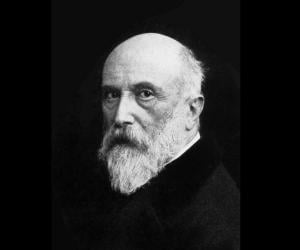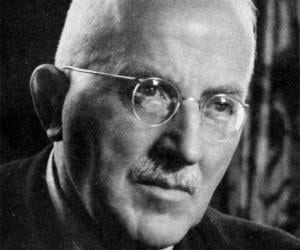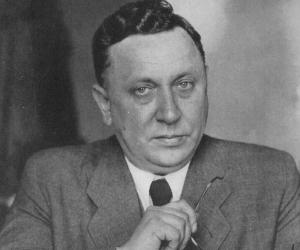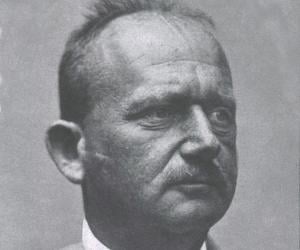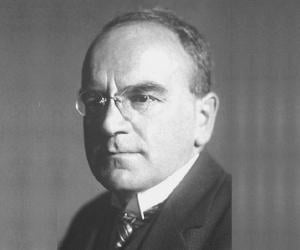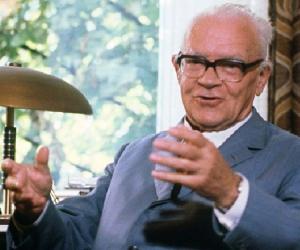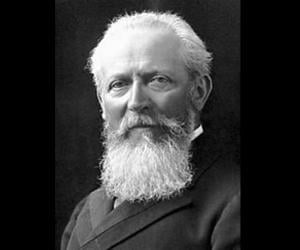1
August Kekulé
(German Organic Chemist Known for His Theory of Chemical Structure and the Tetravalence of Carbon)

21
7
Birthdate: September 7, 1829
Sun Sign: Virgo
Birthplace: Darmstadt, Germany
Died: July 13, 1896
Friedrich August Kekulé was a prominent German organic chemist known for his contributions to theoretical chemistry. He played a significant role in founding the theory of chemical structure, with a particular focus on the Kekulé structure of benzene. Throughout his professional life from the 1850s until his passing, Kekulé was highly regarded in the European scientific community. His work and discoveries in the field of chemistry, especially in relation to benzene, solidified his reputation as one of the leading chemists of his time.
